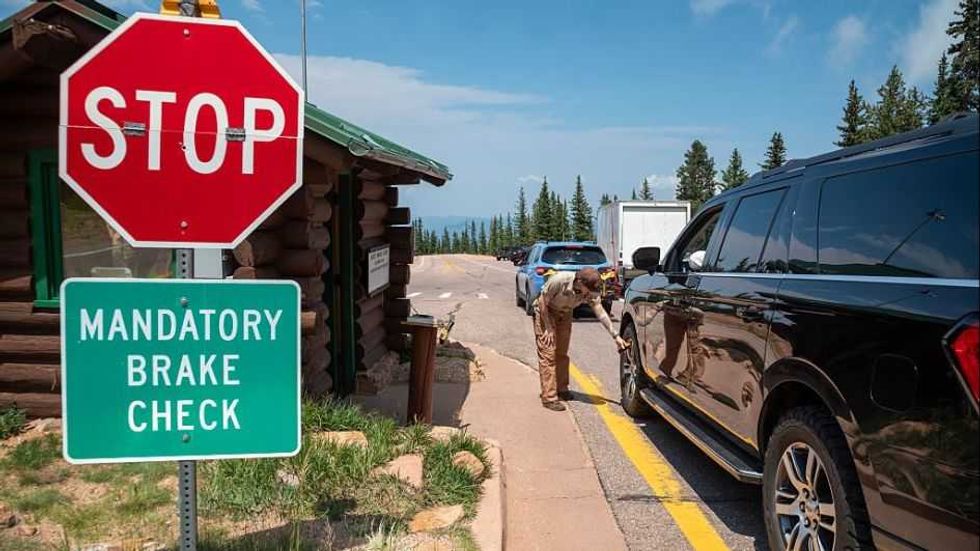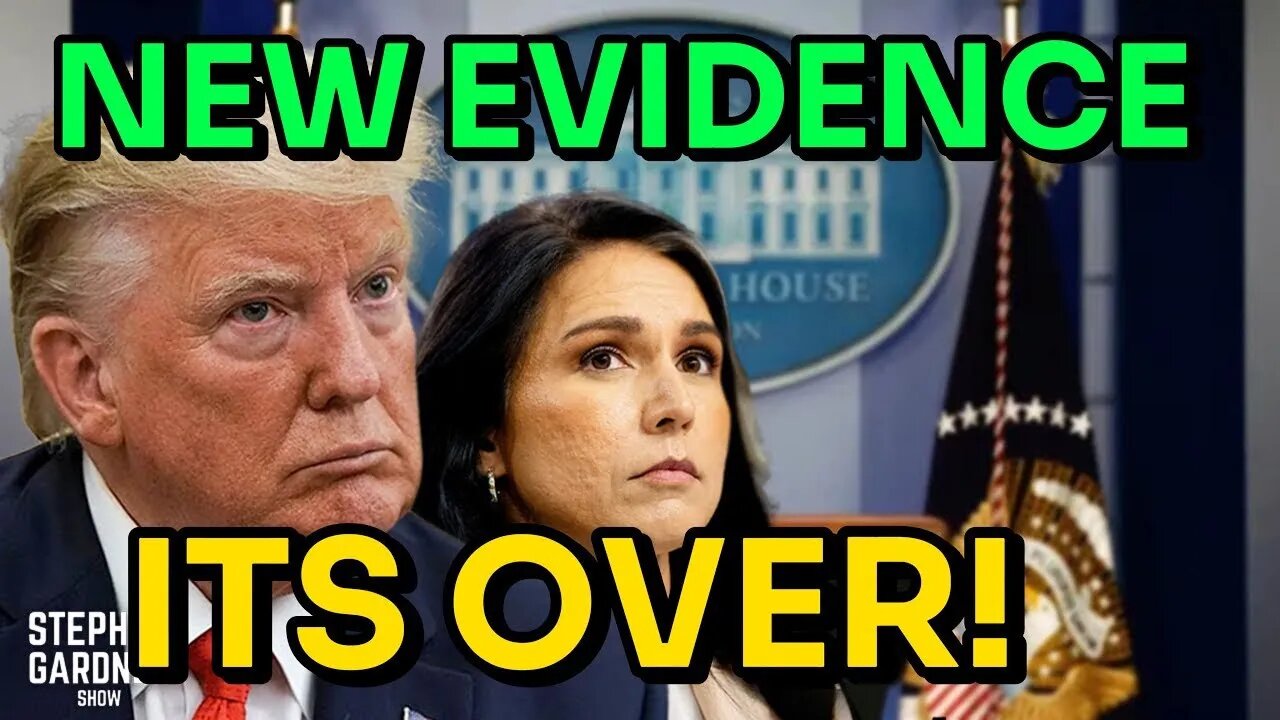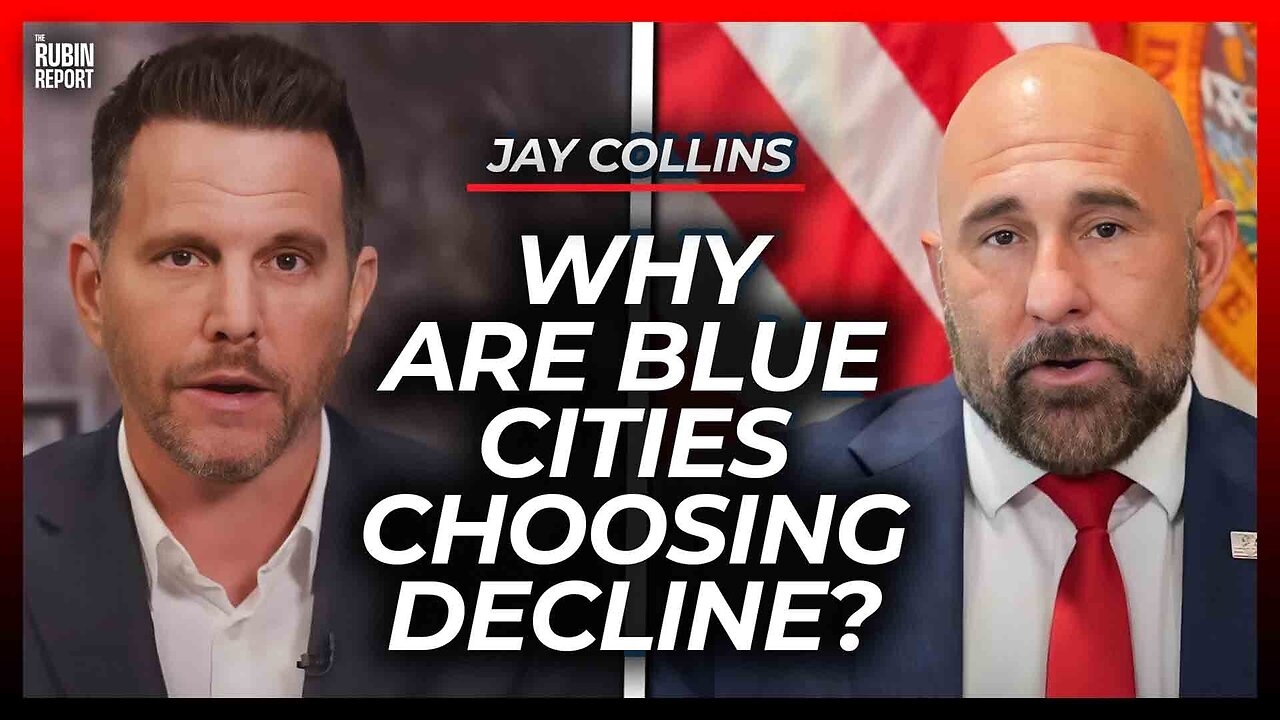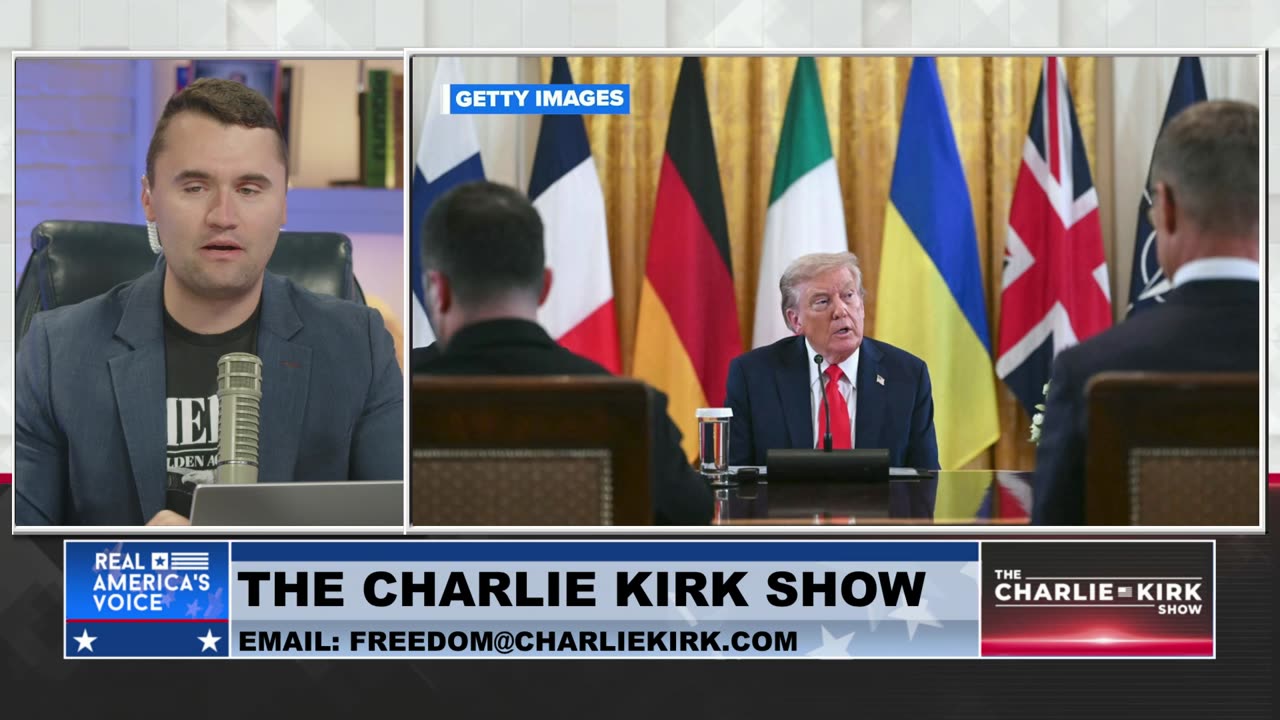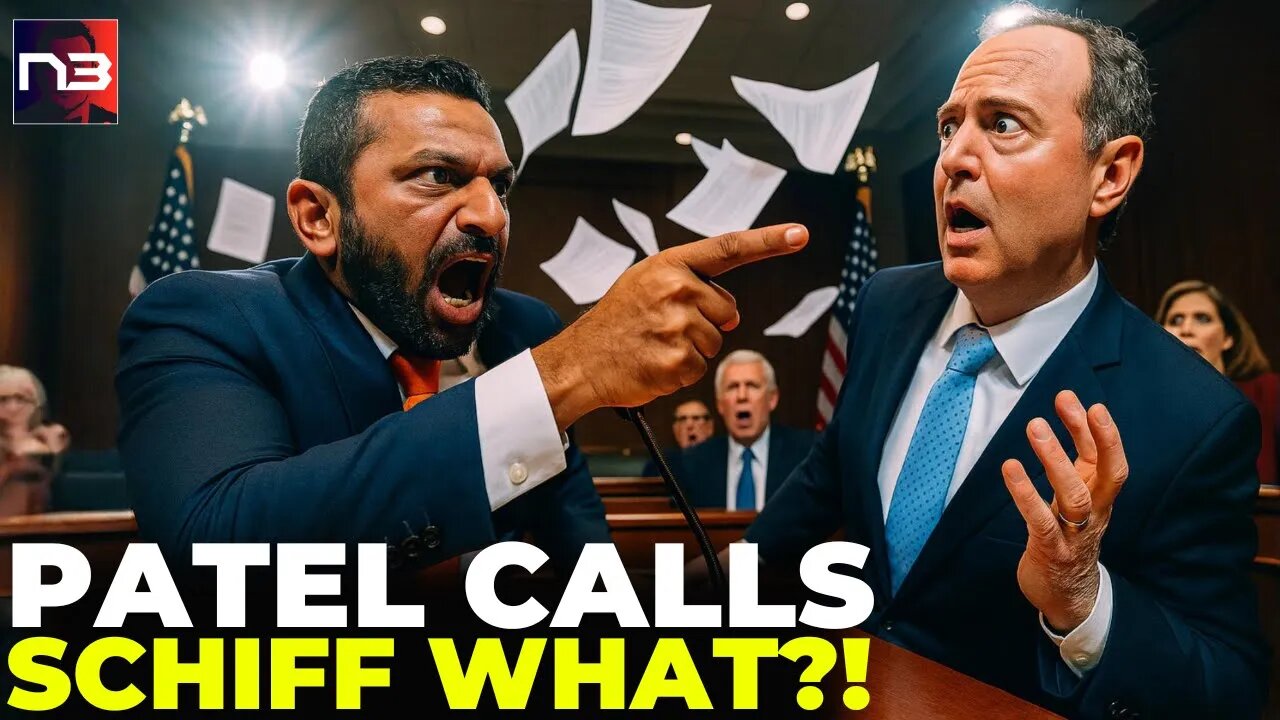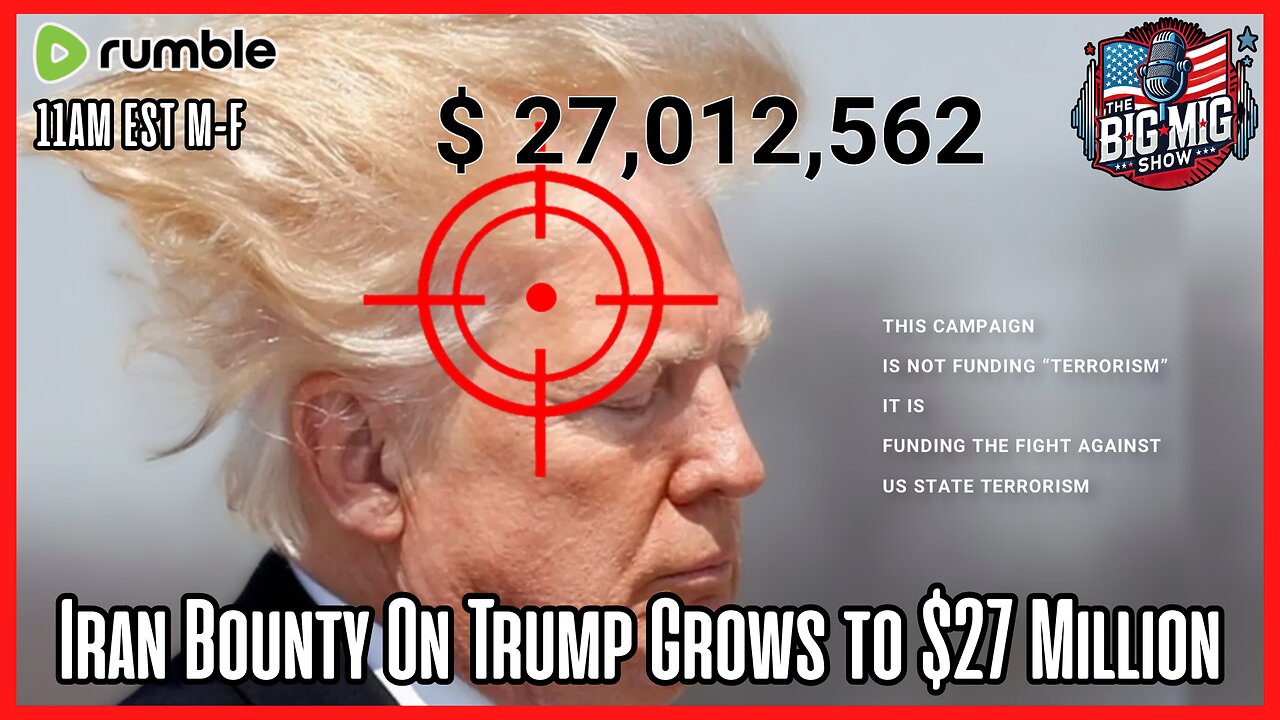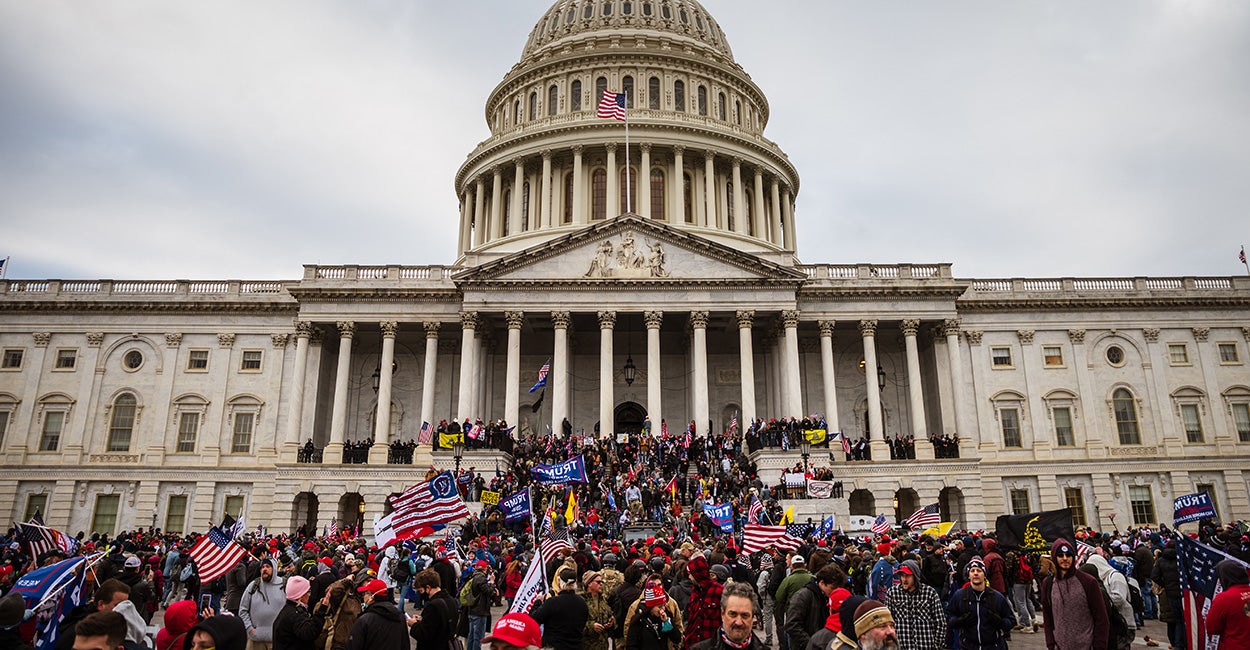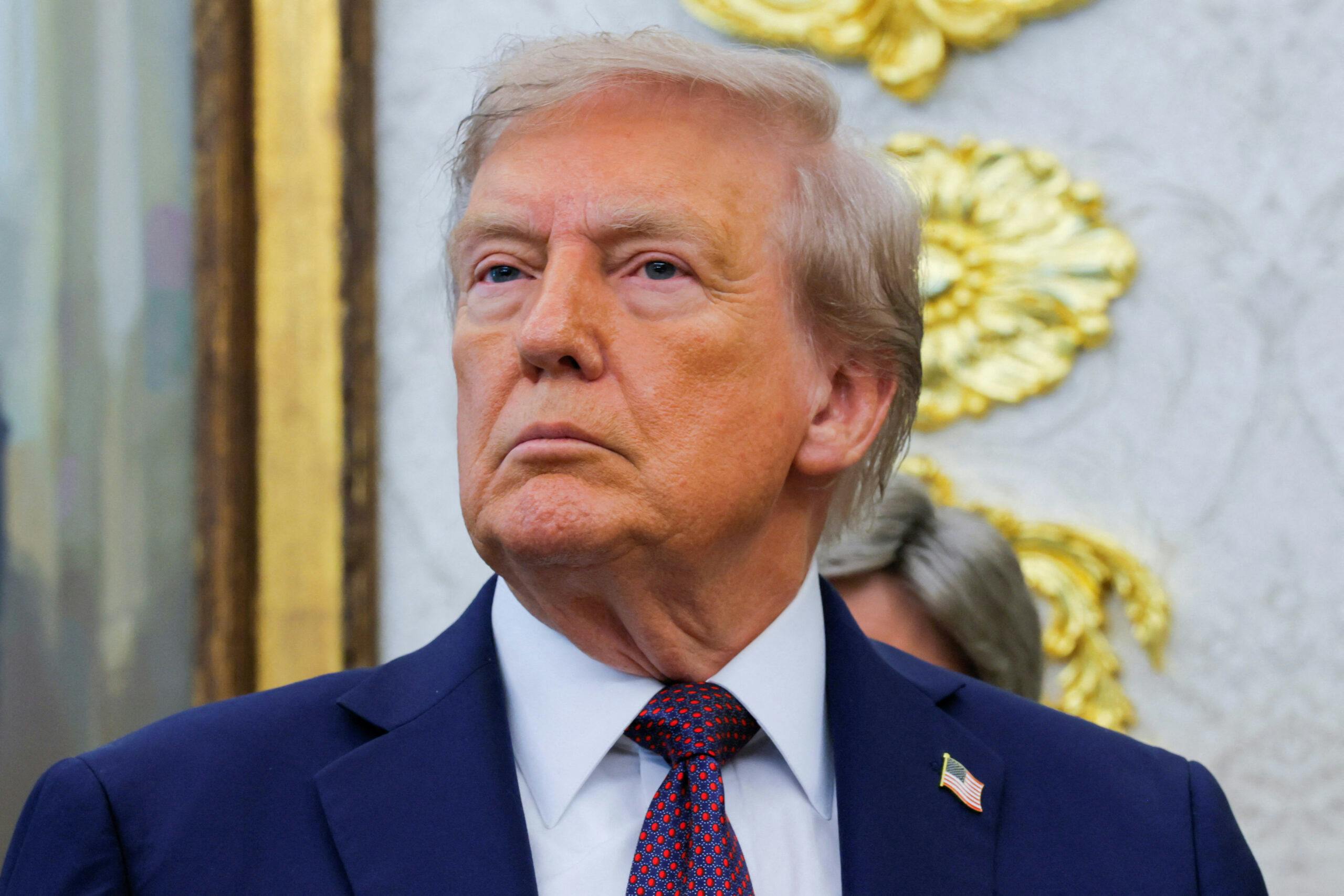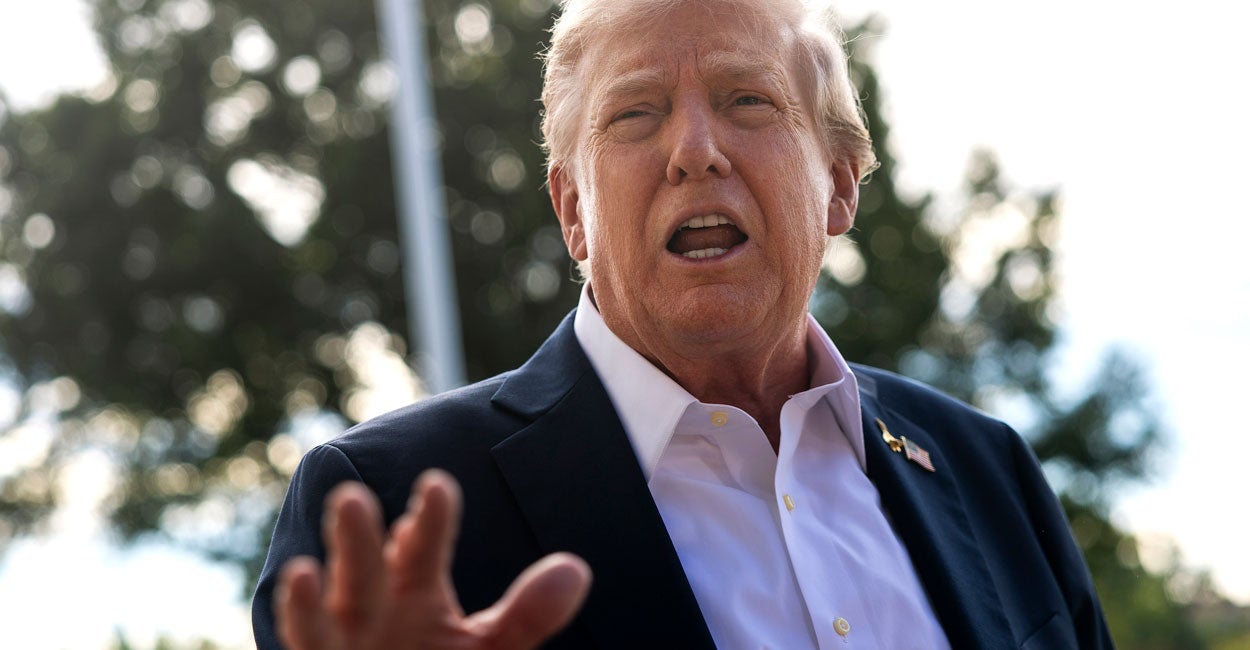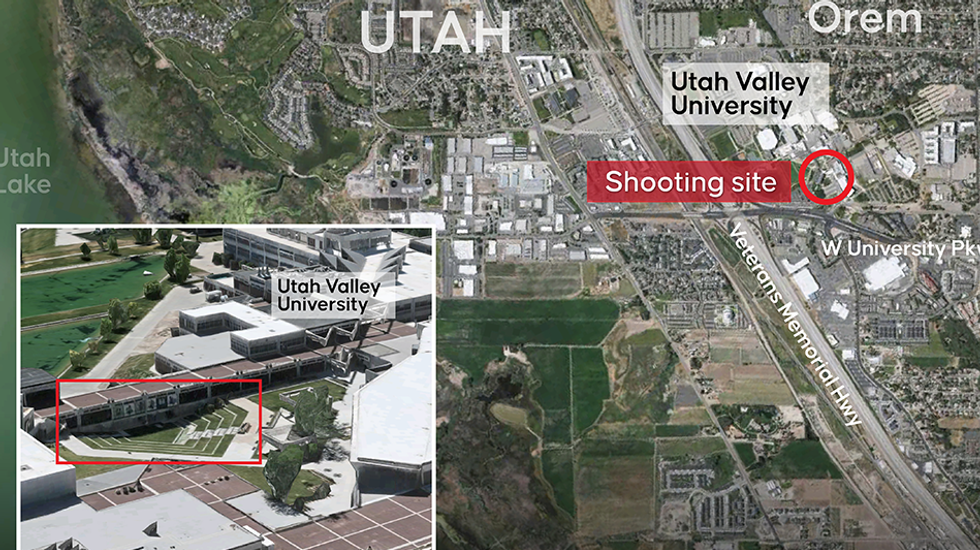Watchdog Presses DOJ to Lift Secrecy on Congressional Spying Documents
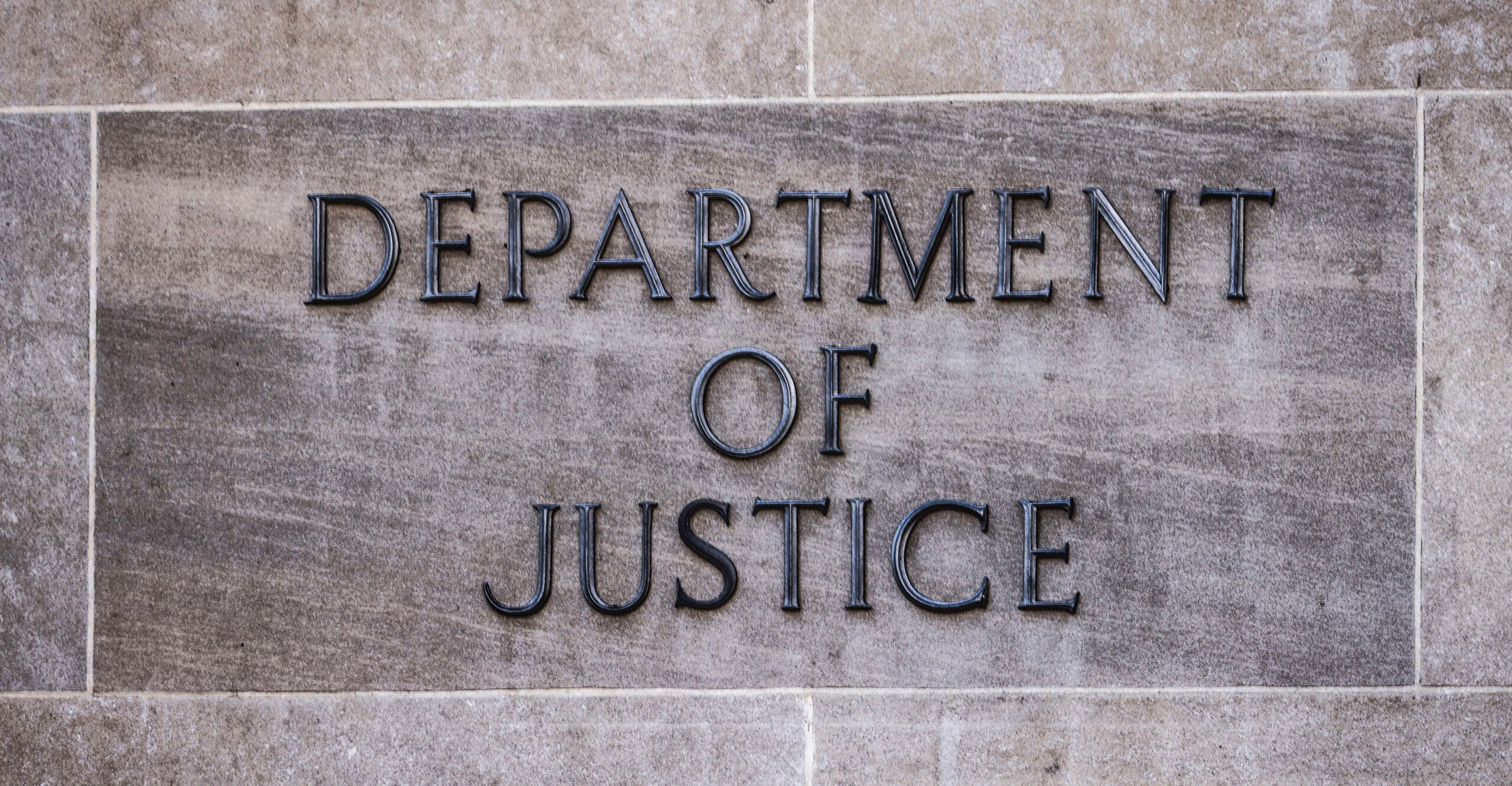
The Justice Department’s effort to sweep up phone and email information from congressional staffers during a 2017 investigation into the leak of classified information to the media likely also identified whistleblowers who were reporting problems within the DOJ to congressional overseers.
And a federal judge involved in a case where a watchdog group is suing to get information out of the Justice Department pertaining to that investigation is the same judge who recently made headlines for trying to stop the Trump administration from deporting criminal illegal aliens.
In a case with ramifications for the First Amendment and the separation of powers between the executive branch and Congress, that watchdog group, Empower Oversight, is appealing the ruling of U.S. District Judge James Boasberg, who allowed the Justice Department to keep secret certain internal documents justifying its methods in the controversial investigation.
In March, Boasberg drew fire from President Donald Trump and congressional Republicans after he ordered the administration to return to the United States hundreds of criminal illegal aliens who had been deported and sent to an El Salvadoran detention center. On Monday, the U.S. Supreme Court sided with the Trump administration in allowing it to use the 1798 Alien Enemies Act as a justification for the deportations.
Empower Oversight filed an appeal in the U.S. Court of Appeals for the D.C. Circuit on Friday challenging a September opinion from Boasberg that maintains the secrecy of most of the Justice Department’s justification for obtaining six years of nondisclosure orders that prevented Google from informing the congressional staffers under investigation that their data was targeted by a Justice Department subpoena.
The Justice Department subpoenaed Google to get the information on the staffers. It secretly obtained the nondisclosure orders from the court to prevent Google and other service providers from notifying these staffers that the providers had disclosed their records.
Empower Oversight is suing for the public release of the arguments the Justice Department made to the court over the six years for imposing and renewing the gag order on Google and other providers. The DOJ’s arguments for renewing the gag orders have been kept under seal by the court.
The DOJ should not have put a gag order on Google, as grand jury secrecy applies to the government, generally not to private entities or to the target of a subpoena, Empower Oversight founder Jason Foster, told The Daily Signal.
“In America, in a free society, normally, the public is allowed to view court filings, unless there is a good reason,” Foster said. “The justifiable reason for the secrecy is long gone because the case was closed.”
It was closed when former Senate Intelligence Committee staffer James Wolfe pled guilty in 2018 to lying to the FBI about disclosing classified information to a reporter. Wolfe had been indicted in the leak investigation.
Foster, of Empower Oversight, was previously the chief investigative counsel to the U.S. Senate Judiciary Committee. In 2023, when the gag orders expired, Google notified him the Justice Department had subpoenaed his email address and two Google Voice telephone numbers as well during the investigation.
In its sweep of information, the Justice Department subpoenaed activity logs of the personal phone and email accounts of members of Congress and more than 40 staff members of congressional committees, Empower Oversight pointed out.
In its new appeal, Empower Oversights argues Boasberg wrongly denied its initial request to unseal the Justice Department’s applications to the court for nondisclosure orders because the applications are judicial records subject to First Amendment and rights of access, not secret grand jury materials. Those applications contain the justifications the DOJ gave the court for requesting the orders.
The appeal also states that if DOJ whistleblowers were providing information to the Senate Judiciary Committee as it exercised its oversight over the DOJ, then the identities of those whistleblowers could have been swept up with the phone and email records of the congressional staffers.
“Given Mr. Foster’s role as chief investigative counsel [for the Senate Judiciary Committee], this meant DOJ compelled Google to provide it with information that would easily enable DOJ to identify confidential whistleblowers who were providing Congress with information about government misconduct,” the Friday court filing says.
In December 2024, the Justice Department’s Office of Inspector General issued a report that said the department “relied on general assertions about the need for nondisclosure rather than on case-specific justifications.”
As the inspector general report explains, the DOJ’s “decision to compel the production of non-content communications records of members of Congress and congressional staffers implicated the constitutional rights and authorities of a co-equal branch of government.”
The surveillance of both Republican and Democrat congressional staffers stemmed in part from the Justice Department’s probe into allegations that the Donald Trump campaign conspired with the Russian government to win the 2016 election.
Specifically, the DOJ was collecting the information on congressional staffers as part of its leak investigation to find out who disclosed information to the press about the surveillance warrant of former Trump campaign aide Carter Page.
It could be of interest to the new Trump Justice Department to change course on the case and turn over the documents explaining the DOJ’s justifications for the surveillance of staffers and its order telling Google to keep quiet about it, Foster said.
“I’m doing everything in my power to ensure that [DOJ] leadership is aware of the controversy and the issue,” Foster told The Daily Signal. “There is no reason the new Justice Department can’t make a change.”
Empower Oversight is only seeking the applications and renewal applications for the nondisclosure orders—not the actual data that the DOJ collected.
Last August, Boasberg issued an opinion in the case that was mixed. He first agreed that the nondisclosure orders, or NDOs, for Google should be in part unsealed. Then, after privately reviewing all the DOJ applications and renewals, Boasberg allowed the government to keep most applications secret.
Boasberg also allowed the DOJ to redact the government’s factual claims in the applications that justified the need for secrecy, revealing only a generic discussion of the legal standards that govern nondisclosure orders in the two documents partially unsealed.
“The court will grant Empower’s request to intervene, and it will grant in part and deny in part its attempt to unseal,” Boasberg’s opinion said. “The application for the NDO and initial application for an extension to the NDO shall be unsealed in relevant part and filed on the public docket.”
The post Watchdog Presses DOJ to Lift Secrecy on Congressional Spying Documents appeared first on The Daily Signal.
Originally Published at Daily Wire, Daily Signal, or The Blaze
What's Your Reaction?
 Like
0
Like
0
 Dislike
0
Dislike
0
 Love
0
Love
0
 Funny
0
Funny
0
 Angry
0
Angry
0
 Sad
0
Sad
0
 Wow
0
Wow
0
